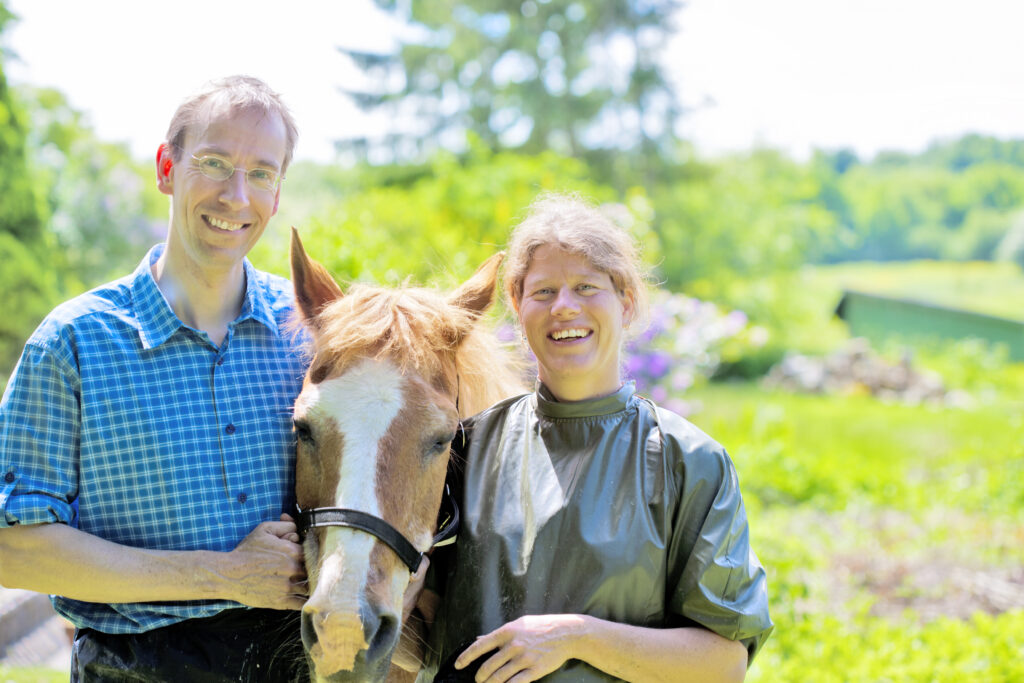
According to executive coach Marian Evans, self-compassion is one of the most important features of a successful leader. This is because everyone makes mistakes, no matter his or her experience or focus. The ability to put negative self-talk and self-criticism to one side, forgive themselves and move on is what allows these people to excel, she said. Many people are far more critical of themselves than they ever would be of anyone else, and this lack of self-empathy feeds mental health challenges. When the stresses of a veterinary career are added, it’s no wonder that many animal doctors are struggling.
Resilience is defined as the capacity or toughness to withstand or to recover quickly from difficulties. Research shows that self-compassionate people have more resilience and have standards that are just as high as those who lack self-compassion, but they’re less likely to be unproductively harsh on themselves if they don’t meet those standards. Self-compassion acts like a buffer and allows you to bounce back and move forward productively after a mistake.
The American Psychological Association (APA) states that resilience is the process and outcome of successfully adapting to difficult or challenging life experiences, especially through mental, emotional and behavioral flexibility and adjustment to external and internal demands. Adaptation to adversity is often influenced by the ways in which individuals view and engage with the world, the availability and quality of social resources, and specific coping strategies. Fortunately, research shows that the resources and skills associated with more positive adaptation (i.e., greater resilience) can be cultivated and practiced.
Adapting well in the face of adversity, trauma, tragedy, threats or significant sources of stress—such as family and relationship problems, serious health problems, or workplace and financial pressure—allows a person to emerge from these difficult experiences, often with significant personal growth. Increasing your resilience takes intentional action to embrace four core components—connection, wellness, healthy thinking and meaning.
The first of these components, connection, is essential for building a contented and joyful life. People who understand your perspective, validate your feelings and provide meaningful companionship can help alleviate the sense of aloneness that many people experience. The pain of traumatic events leads many people to isolate themselves, but it’s important to accept help and support from those who care about you. A sense of acceptance and belonging is very powerful in resilience.
Focusing on mindfulness and self-wellness strategies such as healthful food, ample sleep, hydration and regular exercise can help your body adapt to stress and might also reduce anxiety or depression. This component can encompass keeping a gratitude journal, meditation, mindful breathing exercises or just taking a walk outside on a beautiful day.
No less important is healthy thinking. This means training your mind not to dwell on negative, anxious thoughts. If you find yourself catastrophizing, redirect and think of the ways you can respond to the stressor, even if you have limited or no control over the outcome. Acceptance of change is hard, but it is a constant part of life. The challenges you are facing might make certain goals or ideals no longer within reach, but accepting reality can help you focus on what you can control—your response. Accepting circumstances that cannot be changed can help you focus on things you have some influence on.
When your life has meaning, everything seems easier. A sense of purpose, tangibly helping others, and connecting with other people all foster self-worth and can empower you to grow in resilience.
Veterinarians are involved in meaningful work daily, so they are often quite resilient. But, over time, the long hours and client-focused dedication create conditions where wellness and connection with others erode.
Creating a life with time for people and pleasures outside of work is critical. With intentionality, healthy boundaries and self-compassion, you can grow in resilience and enjoy your life more fully.
Disclaimer from sponsor: This content is subject to change without notice and offered for informational use only. You are urged to consult with your individual business, financial, legal, tax and/or other medical providers with respect to any information presented. Synchrony and any of its affiliates, including CareCredit, (collectively, “Synchrony”) makes no representations or warranties regarding this content and accept no liability for any loss or harm arising from the use of the information provided. All statements and opinions in the article are the sole opinions of the author. Your receipt of this material constitutes your acceptance of these terms and conditions.








